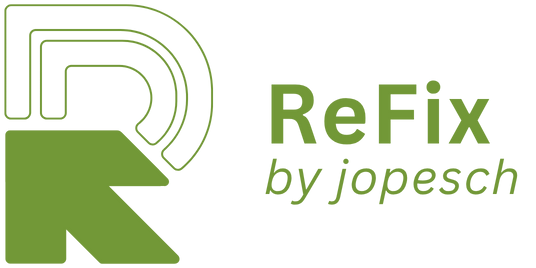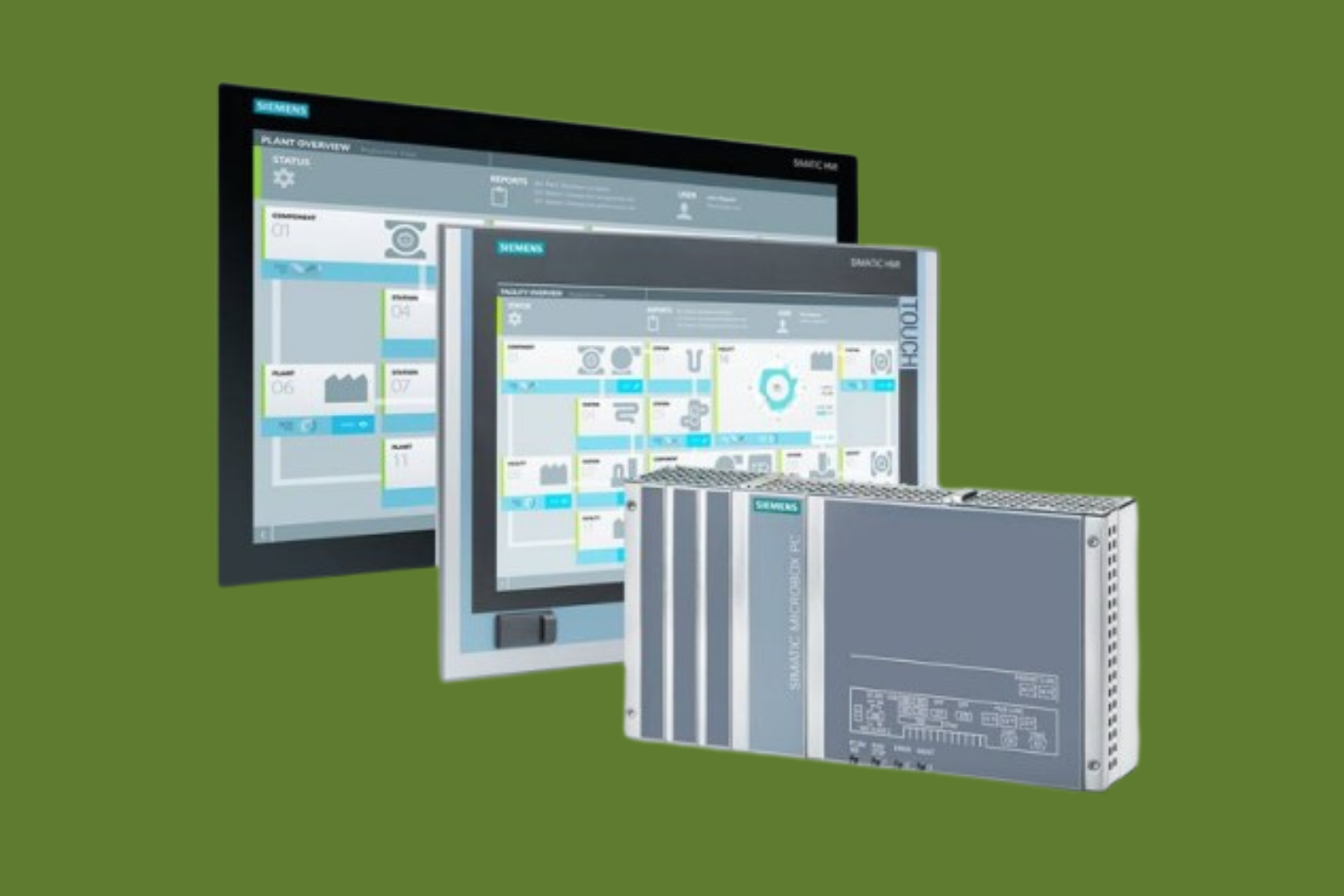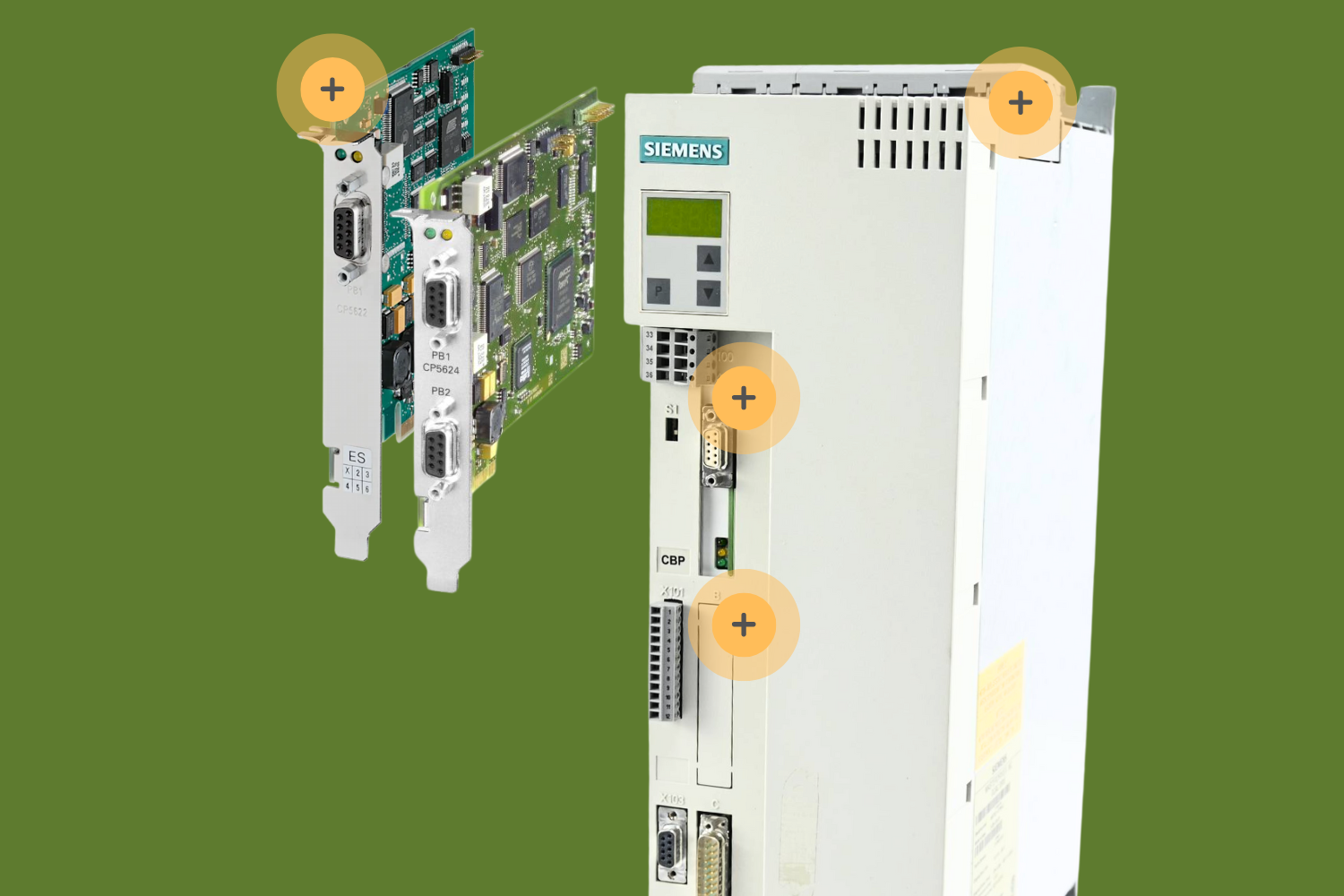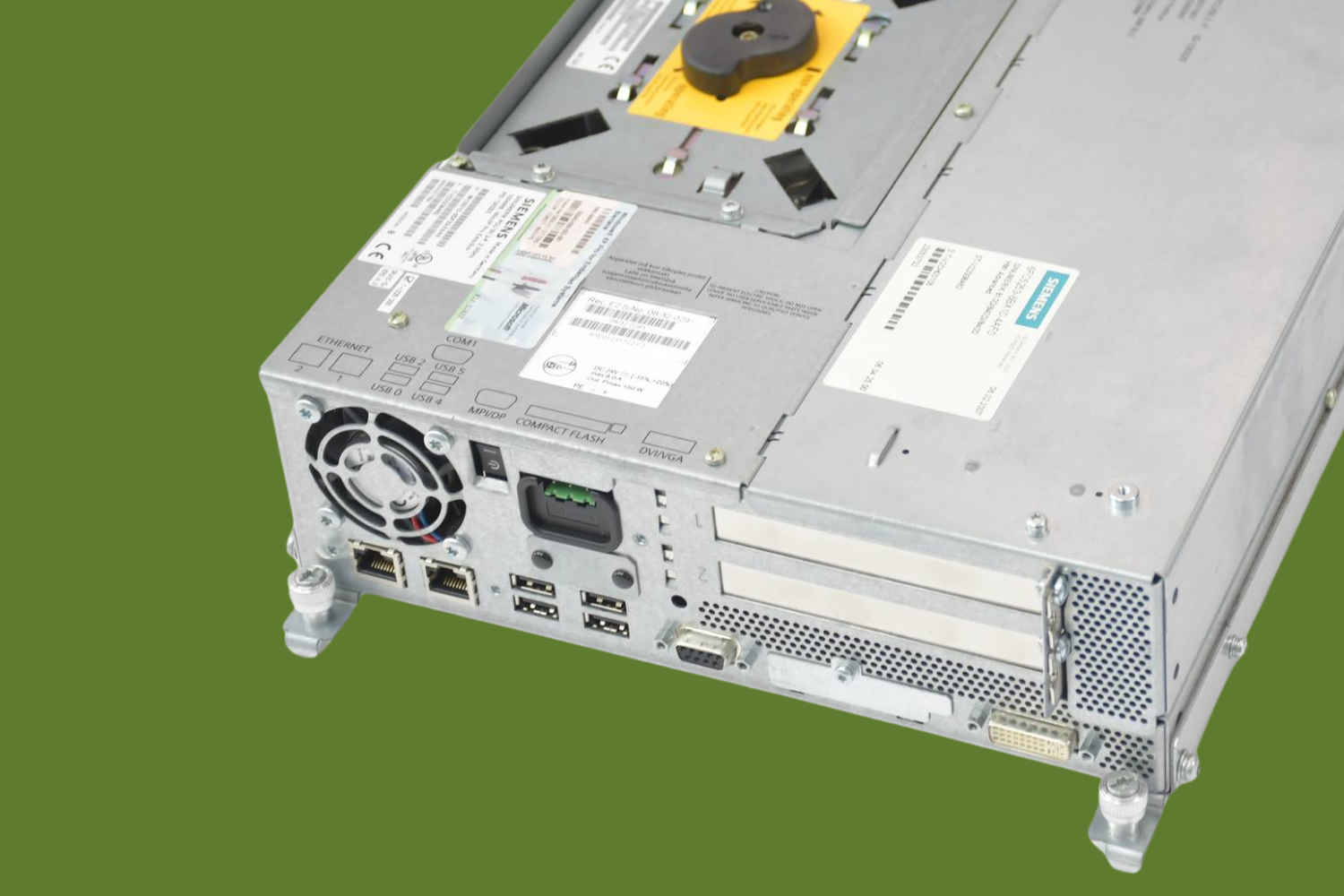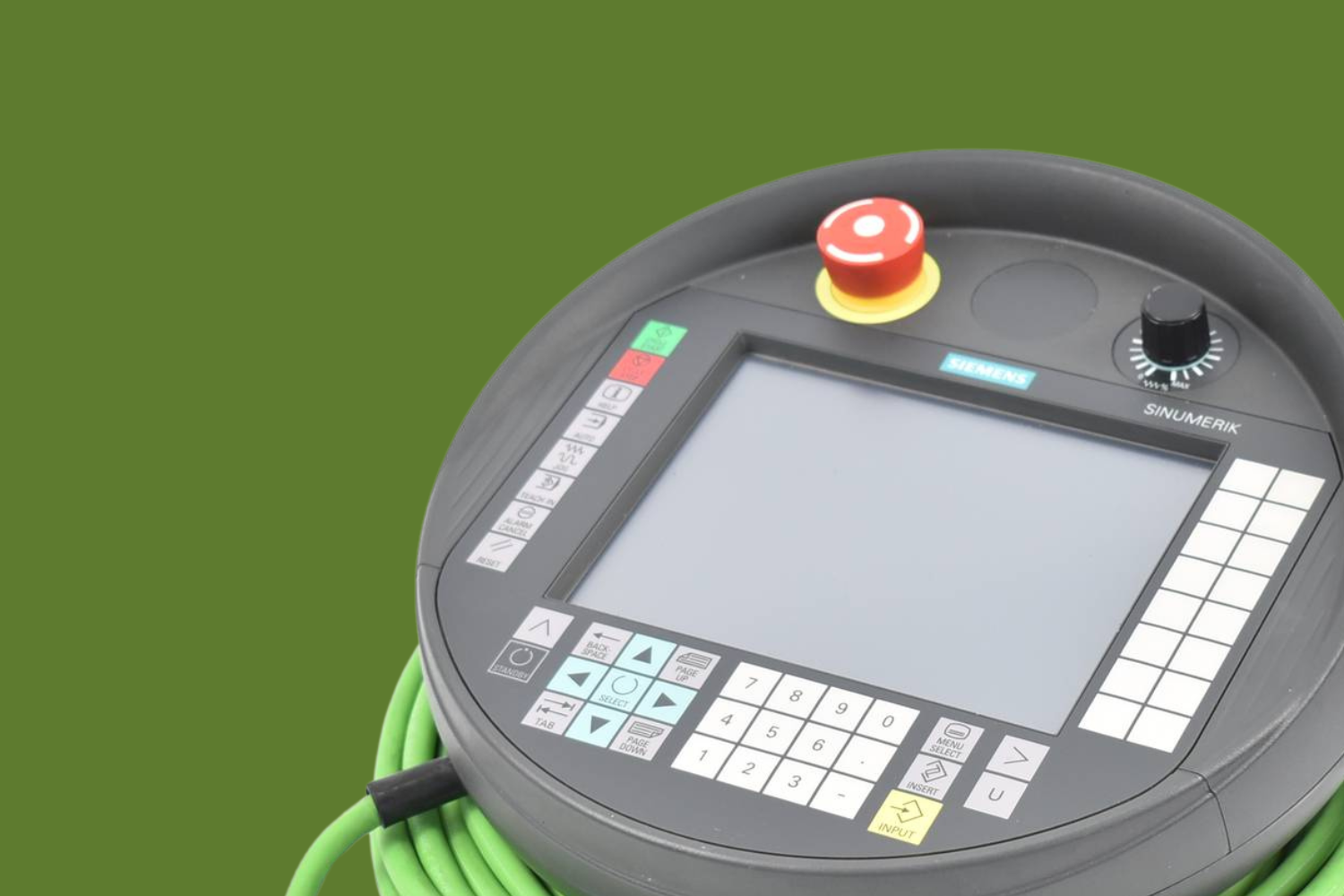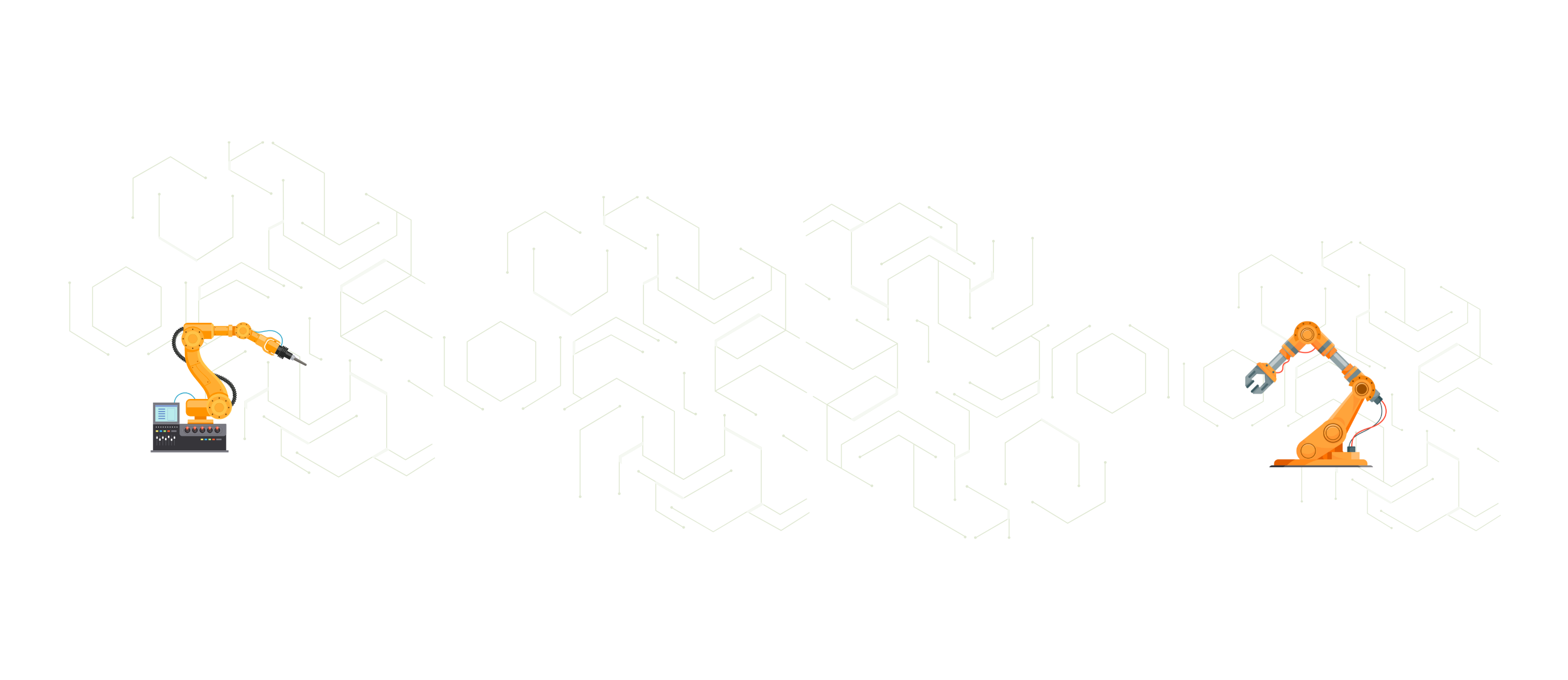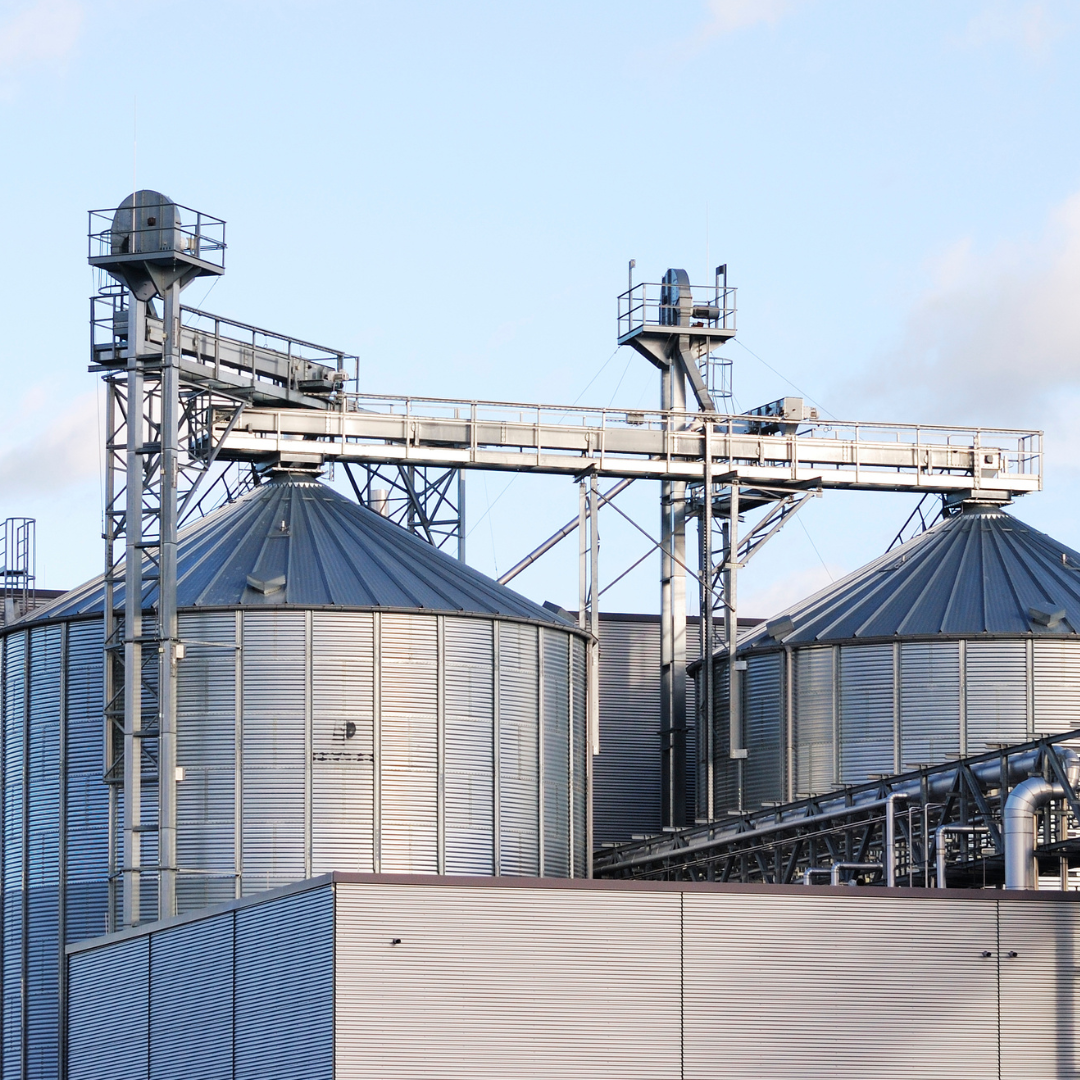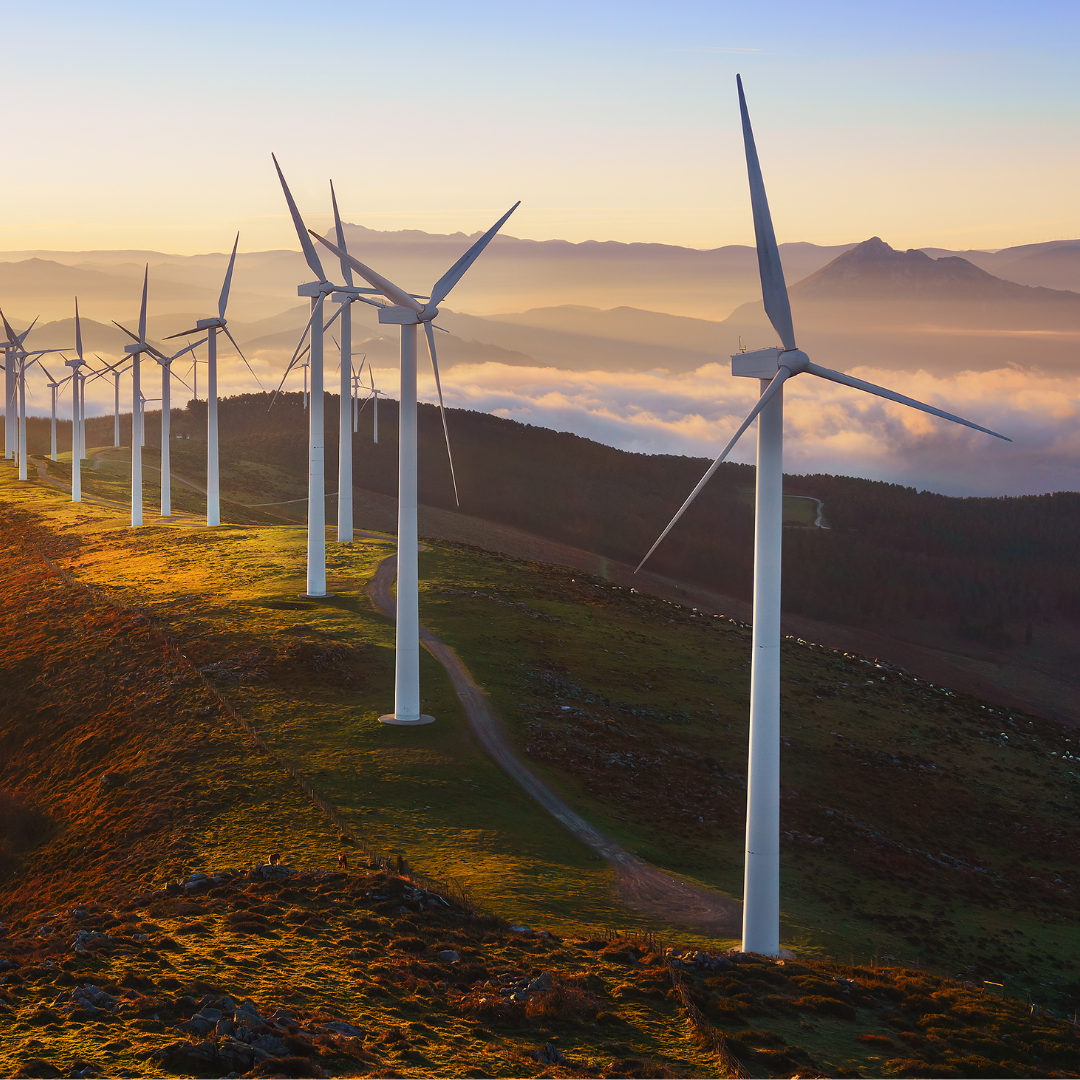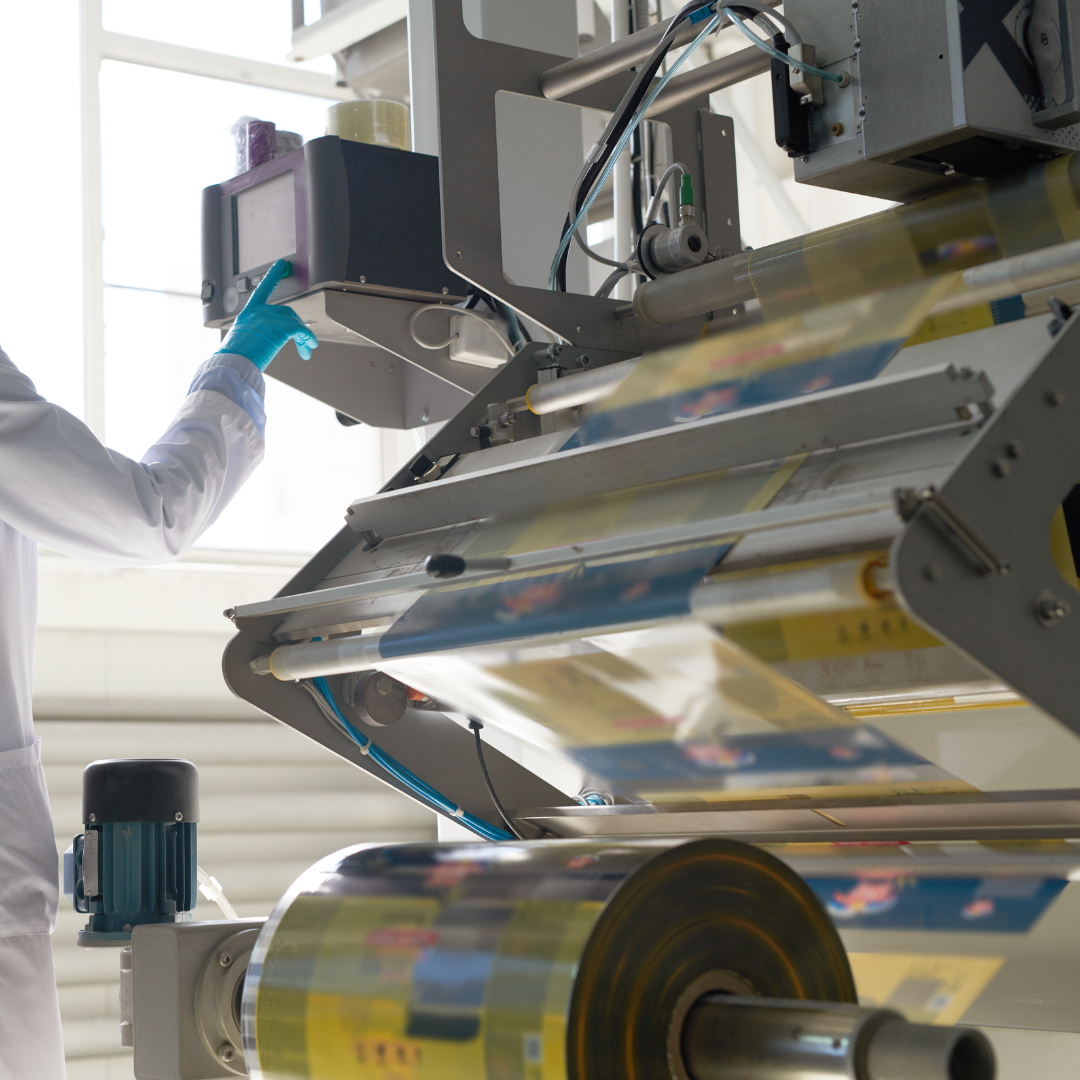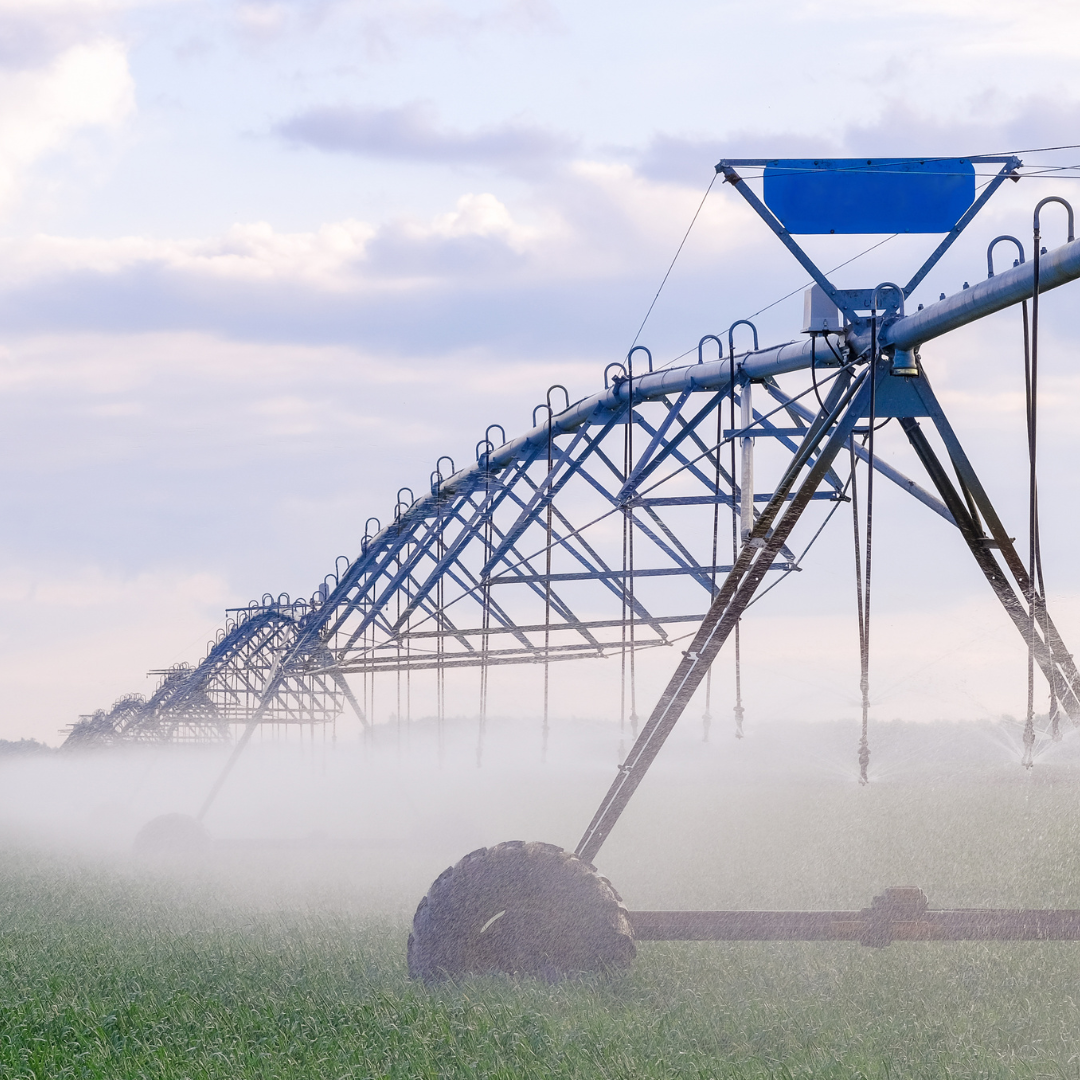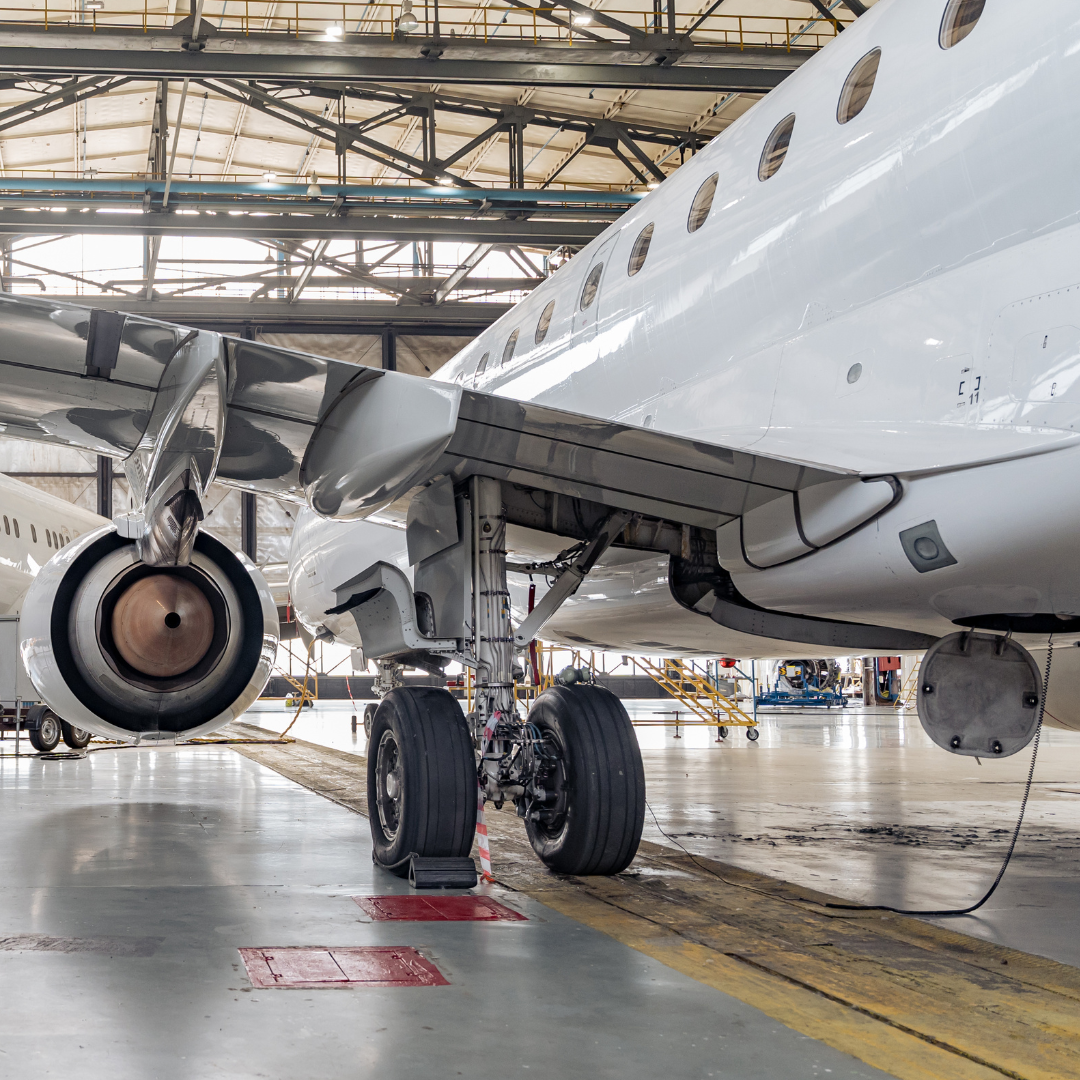Waste management industry
The waste management industry in transition
Clean streets, safe traffic routes in every season and active resource protection through recycling and energy recovery from waste: this is what the municipal waste management industry ensures every day.
Waste management deals with the disposal and recycling of all types of waste. In Germany, over 399 million tons of waste are generated annually. A large proportion of this waste is generated
in the construction and demolition sector. Households and industry, on the other hand, account for a significantly smaller share of waste generated in Germany. The global waste and recycling market is expected to experience rapid growth in the coming years – driven by improved technology and new legislation to increased demand for a higher recycling share.
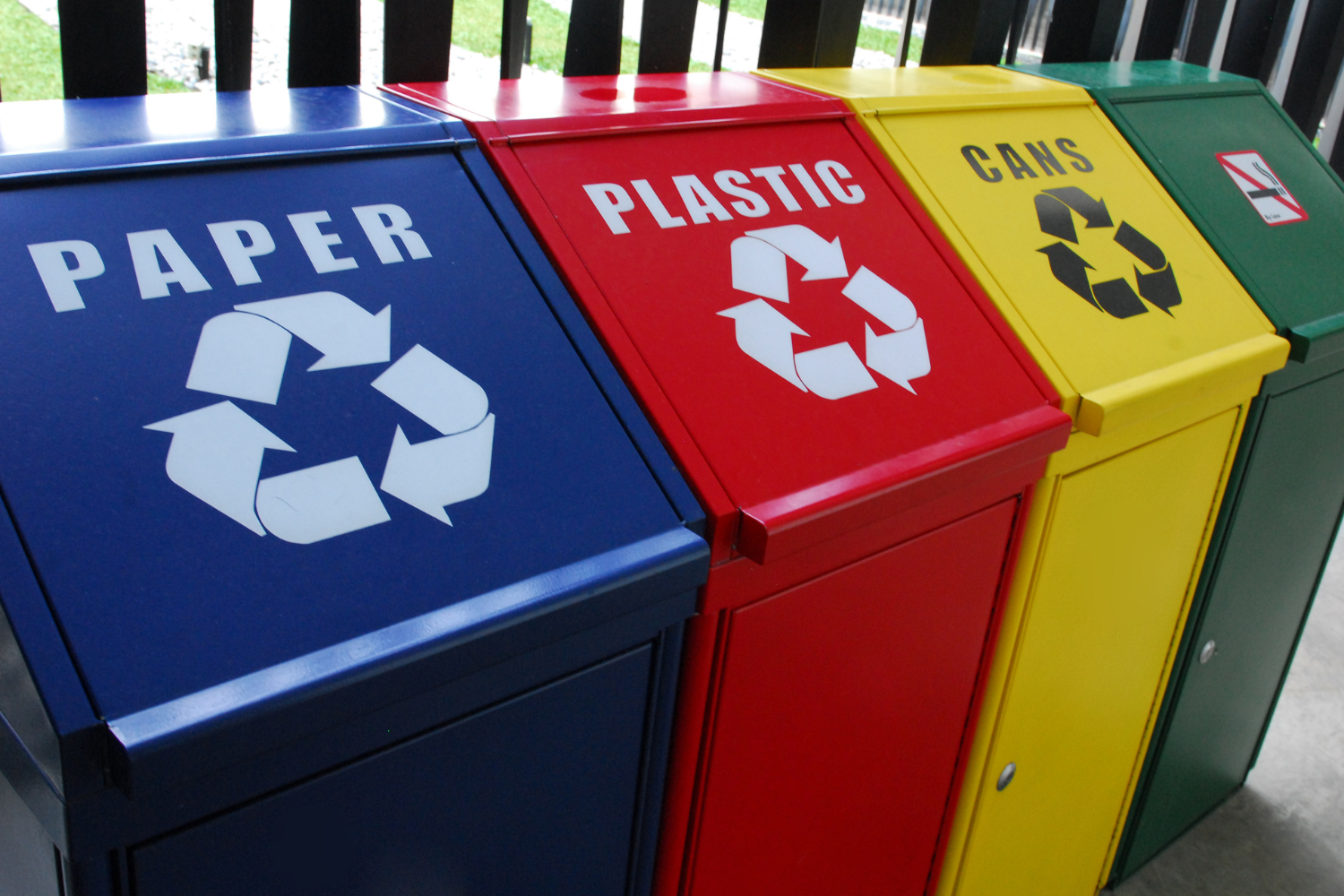
What is driving the growth of the global waste and recycling market?
The main drivers for growth in the recycling and waste services sector are:
- Growing world population
- Industrialization of developing countries
- Increased awareness of the need for recycling and waste management services
- Moving up the waste hierarchy from landfills to energy from waste to recycling and circular economy models such as reuse and reduce.

Waste with added value: The strong role of recycling
Recycling is worthwhile for waste management
Recycling means turning supposedly unusable waste into new material for the economic cycle. One recycling method is reuse.
The German waste management industry is divided into the areas of generation, disposal, and recycling. Recycling is the most profitable area. Households in Germany primarily recycle waste such as waste electrical and electronic equipment, glass, paper, organic waste, and packaging.
The recycling rate is over 90 percent in each country. Germany ranks at best in the upper middle range compared to other European countries.
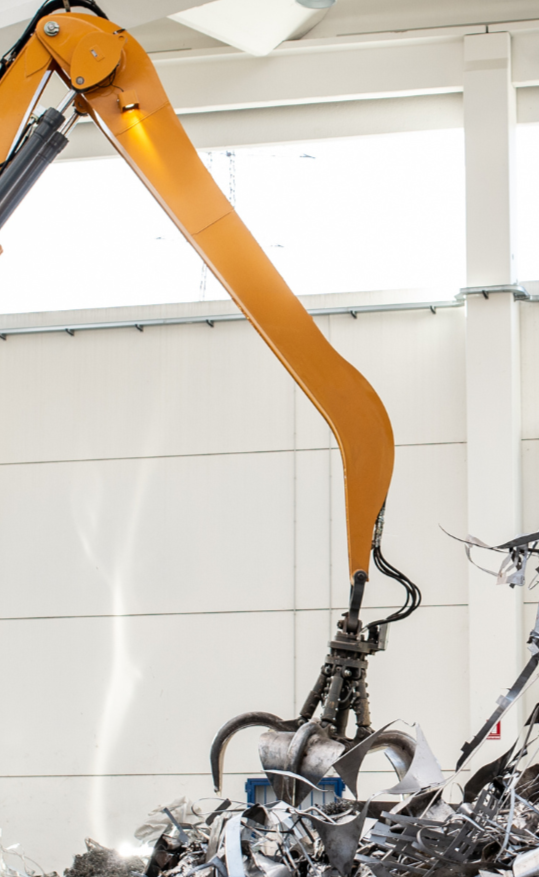
Sensors in action: How technology makes our bins smarter
Intelligent waste management
The transition to digital waste management is taking shape in Germany. Smart Waste Management describes the use of intelligent trash cans and containers with fill level or temperature sensors. This transforms conventional trash cans or containers into sensor-monitored waste containers, whose fill level can be taken into account to calculate an efficient disposal route, along with current staffing levels and vehicle availability. This allows waste disposal companies to avoid unnecessary trips, save costs, and limit emissions.
Companies and cities are recognizing the potential and implementing smart applications as part of the Circular Economy 4.0. In addition to reducing noise and odors, more time- and energy-efficient waste management is a key advantage.
